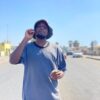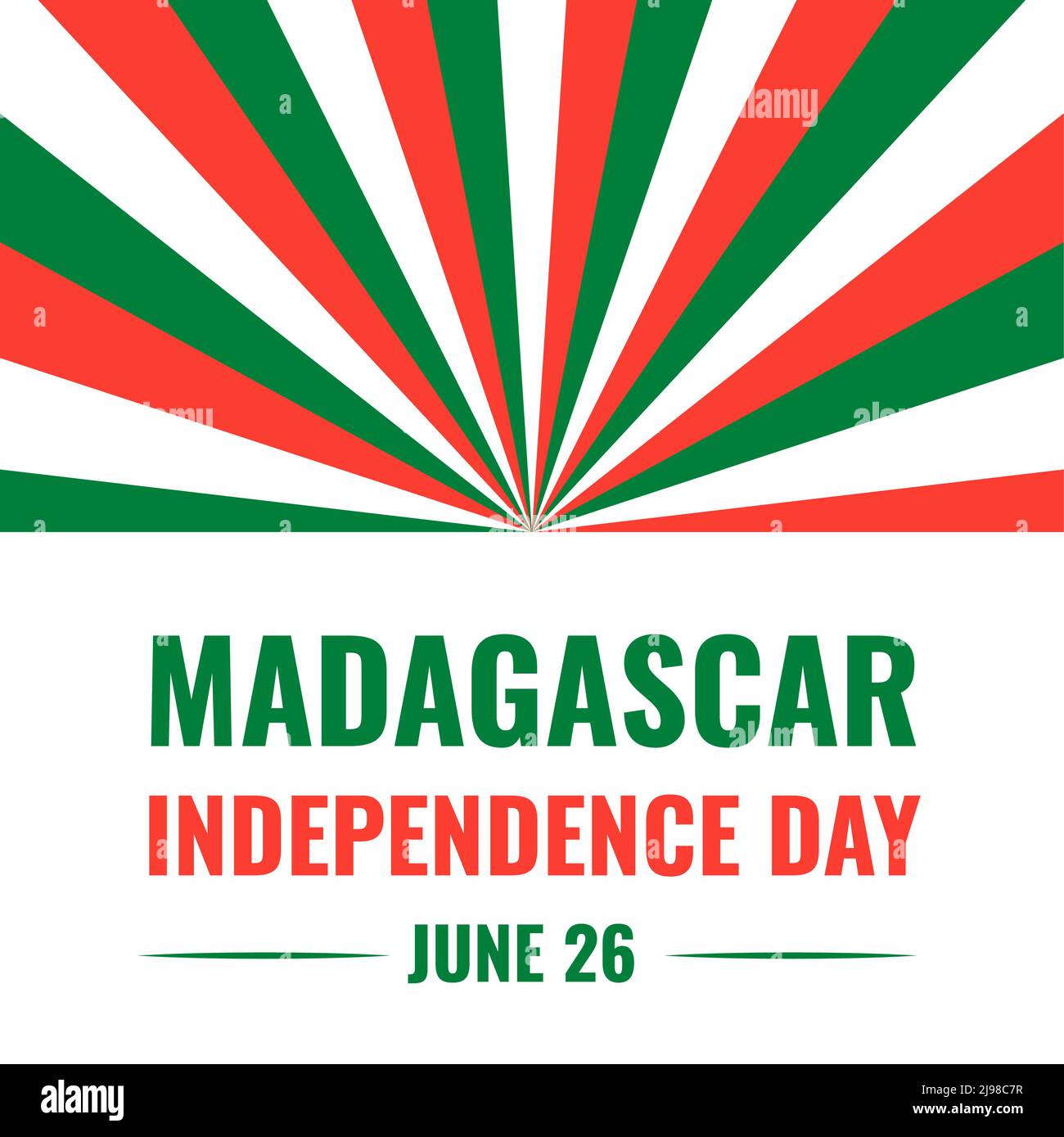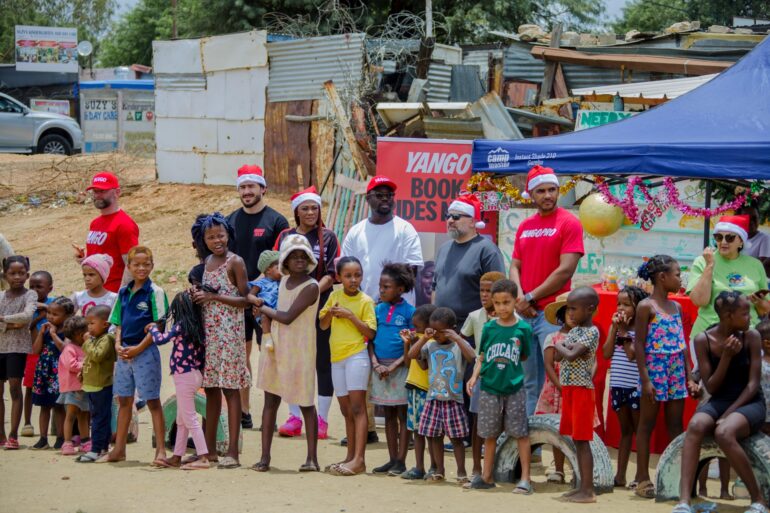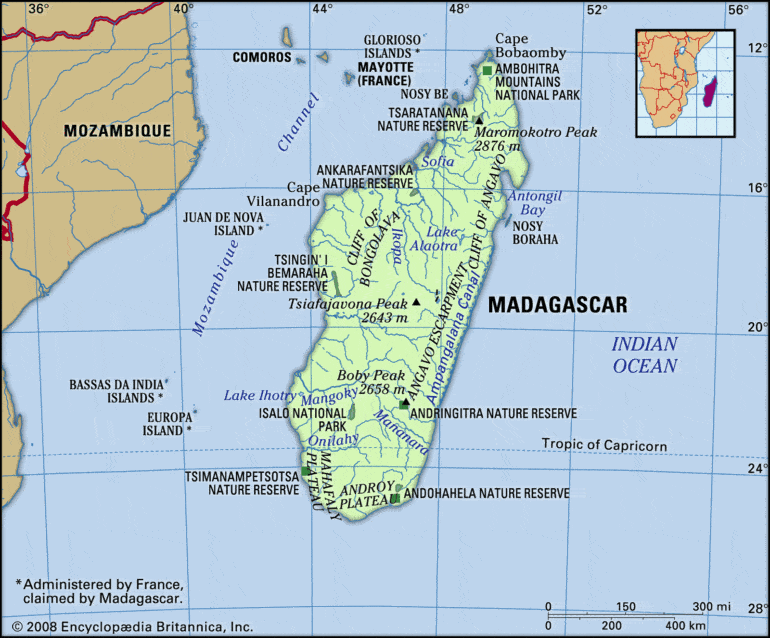
Located off the southeastern coast of Africa, Madagascar stands as a vibrant tapestry of natural beauty, cultural richness, and historical significance. As the fourth largest island in the world, it boasts a diverse landscape ranging from lush rainforests to arid deserts, home to unique flora and fauna found nowhere else on Earth. Yet, beyond its natural wonders, Madagascar’s journey to independence and its cultural fabric are equally compelling narratives that shape its identity today.
Road to Independence
Madagascar’s path to independence was marked by a complex interplay of colonial rule and indigenous resistance. Originally settled by Austronesian peoples from Southeast Asia around 2000 years ago, the island’s history saw waves of migration and cultural exchange. By the 19th century, Madagascar became a target for European colonial powers, primarily the French, who established control over the island in 1896 after decades of intermittent influence.
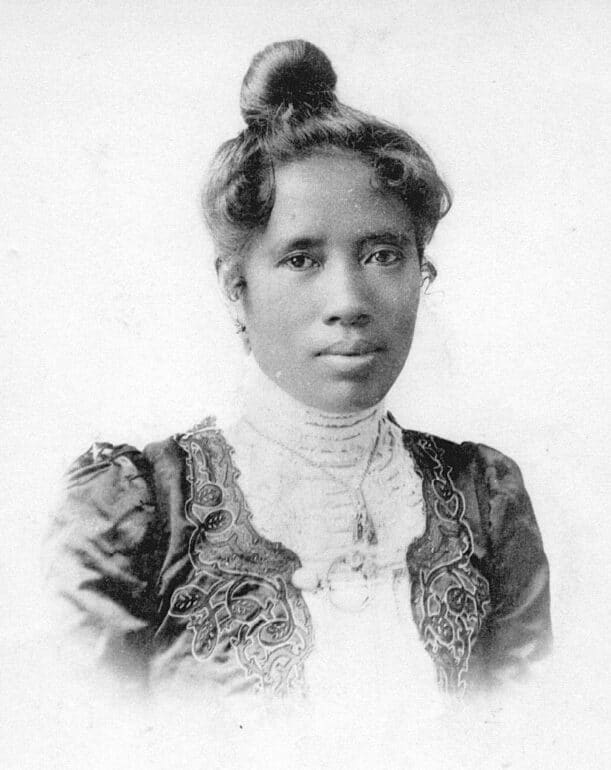
Resistance to colonial rule was fierce, led notably by Queen Ranavalona III, who symbolized the Malagasy people’s struggle for autonomy. However, it wasn’t until March 26, 1960, that Madagascar finally gained independence from France. This milestone marked the beginning of a new era for the Malagasy people, as they embarked on a journey of self-governance and cultural revival.
Names and Languages
Madagascar is inhabited by diverse ethnic groups, each contributing to the country’s rich cultural mosaic. The Malagasy people, who constitute the majority, are descendants of Southeast Asian and East African settlers. They speak Malagasy, an Austronesian language with several dialects, reflecting regional variations across the island.
In addition to Malagasy, French remains an official language, a legacy of colonial rule that persists in government, education, and commerce. This linguistic duality reflects Madagascar’s historical ties with France while affirming its commitment to preserving indigenous languages and cultures.
Cultural Diversity
Madagascar’s cultural diversity is evident in its traditions, music, art, and cuisine. The island’s folklore and oral traditions are passed down through generations, celebrating heroes, mythical creatures, and ancestral spirits. Music plays a central role in Malagasy culture, with traditional instruments like the valiha (a bamboo tube zither) and kabosy (a box-shaped guitar) accompanying dances and rituals.
Artistic expression thrives in Madagascar, from intricate woodcarvings and textiles to vibrant paintings and sculptures. Each region contributes distinct flavors to Malagasy cuisine, which blends indigenous ingredients with influences from Africa, Southeast Asia, and Europe. Staples such as rice, seafood, and locally grown spices form the basis of many dishes, reflecting both cultural heritage and environmental diversity.
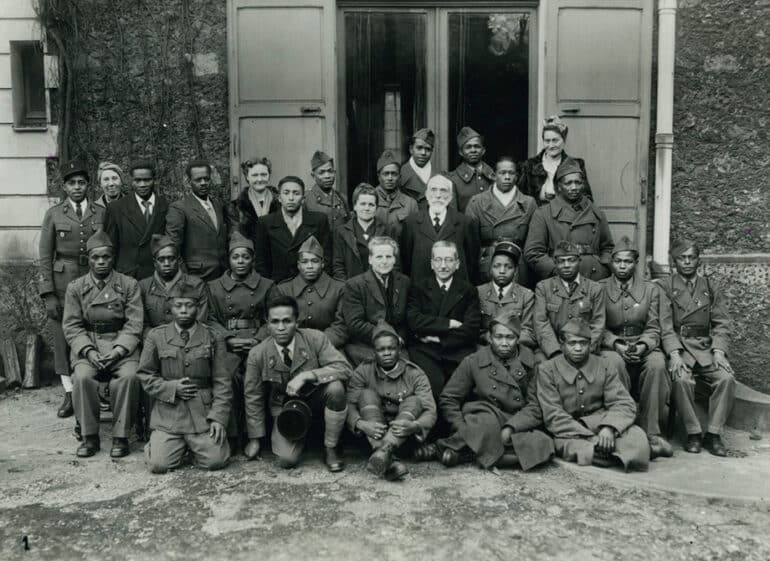
Madagascar’s independence represents more than a political achievement; it embodies the resilience and cultural pride of its people. From the struggles against colonialism to the preservation of diverse languages and traditions, Madagascar continues to evolve while cherishing its roots. As the island navigates modern challenges and opportunities, its commitment to unity in diversity remains a testament to the enduring spirit of the Malagasy people.
In essence, Madagascar invites the world to explore not only its breathtaking landscapes and unique biodiversity but also its rich tapestry of history, languages, and cultures—a testament to the enduring legacy of independence and cultural heritage.


